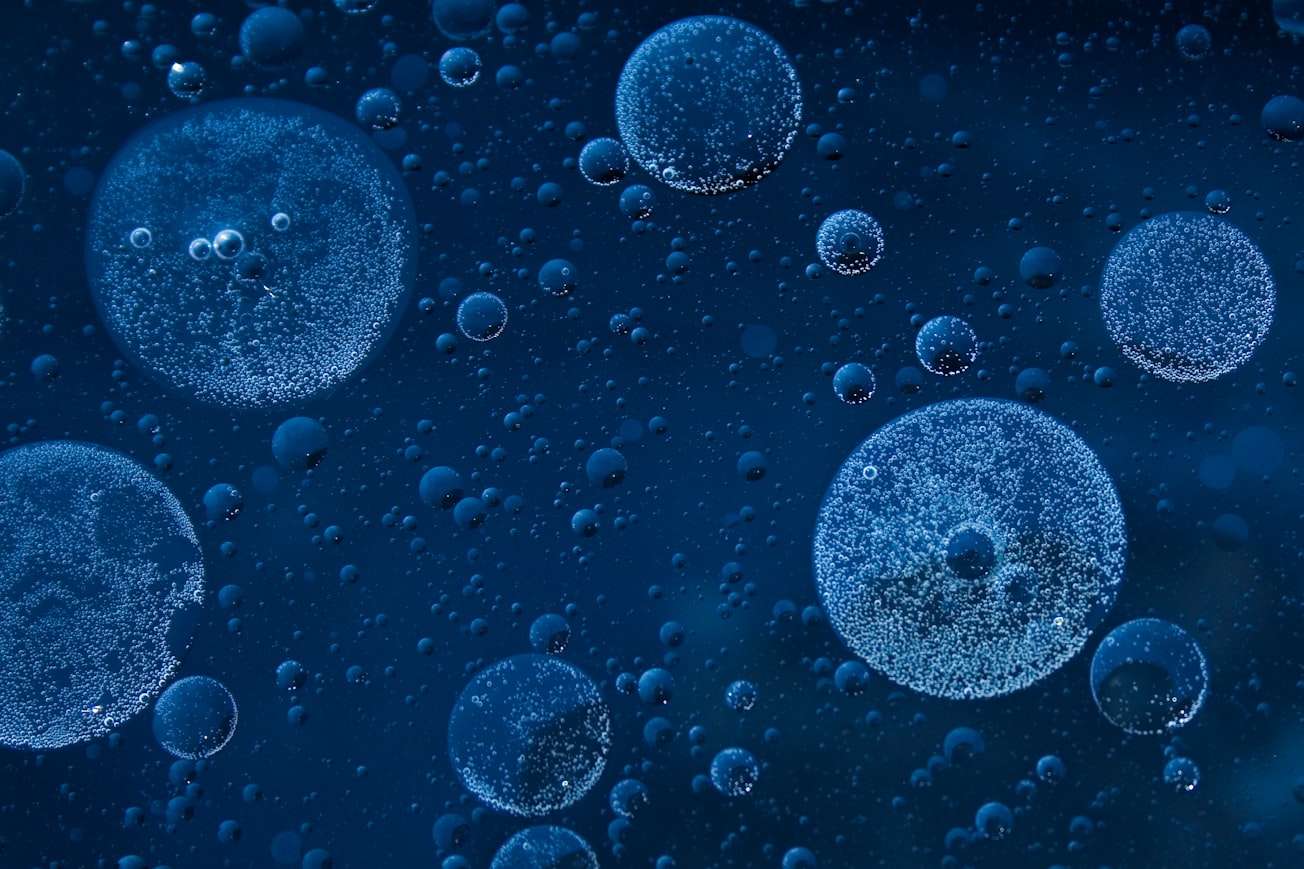What is it about?
This study was conducted to evaluate the effects of chitosan nano-encapsulating mint (MEO), thyme (TEO) and cinnamon (CEO) essential oils (EOs) used in the diet on performance, immune responses and intestinal bacteria (microflora) population in Ross 308 broiler chickens, using a 2 × 4 factorial experiment as completely randomised design with 8 experimental groups (diets) with 5 replicates of 15 chicks each . The eight experimental diets consisted of no EO and free distiller water (control); no EO and chitosan nano-encapsulated (CNE) distiller water; and other six treatments with free or CNE form of MEO, TEO and CEO. Both EOs and the CNE form improved significantly body weight gain, and feed conversion ratio (at 29–42 and 1–42 days), serum IgY and IgM concentrations (at 35 and 42 days), and intestinal Lactobacillus spp. and E. coli populations (at 42 days) in broilers. The most effects was obtained by TEO on performance and TEO and CEO on IgY42 concentrations and the microbial populations. These effects were intensified by Chitosan nano-encapsulation.
Featured Image

Photo by Vincent Botta on Unsplash
Why is it important?
Chitosan nano-encapsulation because of its ideal properties can be used as an effective, suitable and inexpensive method for protecting bioactive compounds and improving effects of the herbal essential oils (as natural and safe additives) especially thyme on performance, immunity and intestinal microflora in broiler chickens.
Perspectives
I hope this article helps researchers for conducting better and newer researches on nanoencapsulating effective natural (safe) additives and compounds as antibiotic alternatives in nutrition of poultry and animals.
Ali Nouri
Department of Animal Science, Garmsar Branch, Islamic Azad University, Garmsar, Iran
Read the Original
This page is a summary of: Chitosan nano-encapsulation improves the effects of mint, thyme, and cinnamon essential oils in broiler chickens, British Poultry Science, June 2019, Taylor & Francis,
DOI: 10.1080/00071668.2019.1622078.
You can read the full text:
Resources
Contributors
The following have contributed to this page







